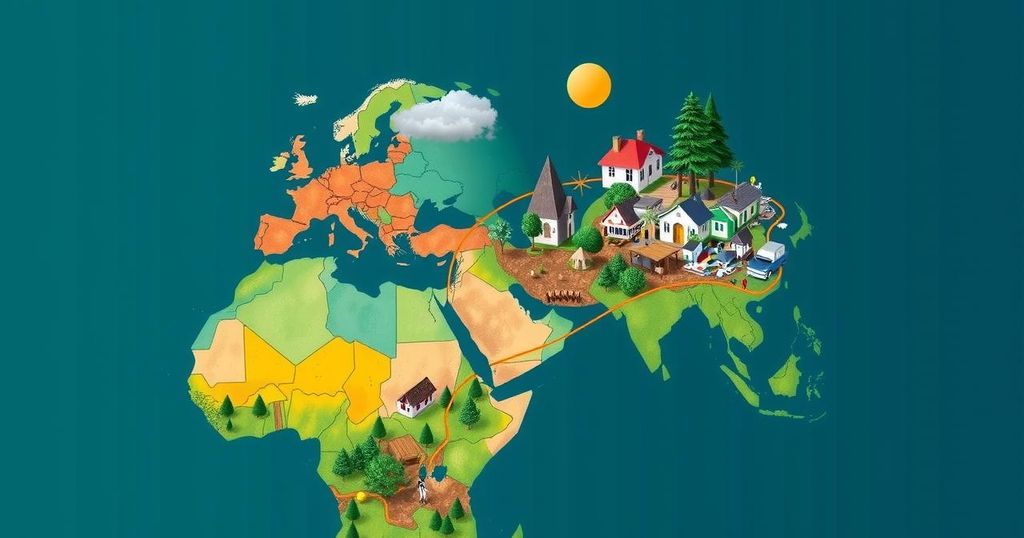The G24 group has urged wealthier nations to significantly increase their financial contributions to assist developing countries in combating climate change and addressing development challenges, warning that progress may be undone without adequate funding. The call coincides with the upcoming COP29 summit, where discussions on climate finance commitments are set to take place.
The G24 group of nations, which comprises a diverse range of developing and emerging market economies, has issued a call for wealthier countries to significantly increase their financial contributions to support climate action and developmental challenges faced by these nations. During a recent meeting held in conjunction with the Annual Meetings of the International Monetary Fund and the World Bank in Washington, the G24 emphasized that the current financial commitments are inadequate and that richer nations must step up their contributions to avert a reversal of recent developmental progress. In its statement, the G24 remarked that the global community is not meeting its climate and developmental goals, primarily due to insufficient financial backing for developing nations. The group specifically pointed out that financing needs to be ramped up well beyond the previously pledged target of $100 billion annually, which is set to be discussed at the upcoming COP29 summit. This funding is crucial for those countries historically responsible for the highest levels of carbon emissions, including the United States and members of the European Union and Japan. Furthermore, the G24 expressed anticipation towards progress in the operationalization of the Loss and Damage Fund, intended to provide compensation for climate-induced damages incurred by developing nations as a result of actions taken by wealthier states. The specifics concerning the new collective quantified goal (NCQG) for climate finance, which will be finalized during COP29 in Baku, remain uncertain as the drafting process continues. In light of these challenges, Ralph Recto, Secretary of Finance of the Philippines and Chair of the G24, stressed that a lack of decisive action could derail decades of efforts aimed at eradicating poverty and tackling inequality in the context of climate change.
The G24, consisting of various developing and emerging economies, plays a critical role in advocating for greater financial assistance from developed nations to address pressing climate change and development issues. The group met during the International Monetary Fund and World Bank Annual Meetings to discuss the impact of climate change on their economies and the need for robust funding mechanisms. As climate change disproportionately affects these nations, their appeal to richer countries highlights the urgency of international climate finance commitments and the necessity for developed countries to honor their historical responsibilities in combating global warming.
In conclusion, the G24 has underscored the necessity for richer nations to enhance their financial commitments towards combating climate change and facilitating sustainable development in emerging economies. The group’s call for greater funding comes as the inadequacy of current financial support poses a risk to the progress achieved in alleviating poverty and reducing inequality. With the COP29 summit approaching, the international community is urged to prioritize substantial financial pledges to assist developing countries in their climate adaptation and mitigation efforts.
Original Source: www.barrons.com






